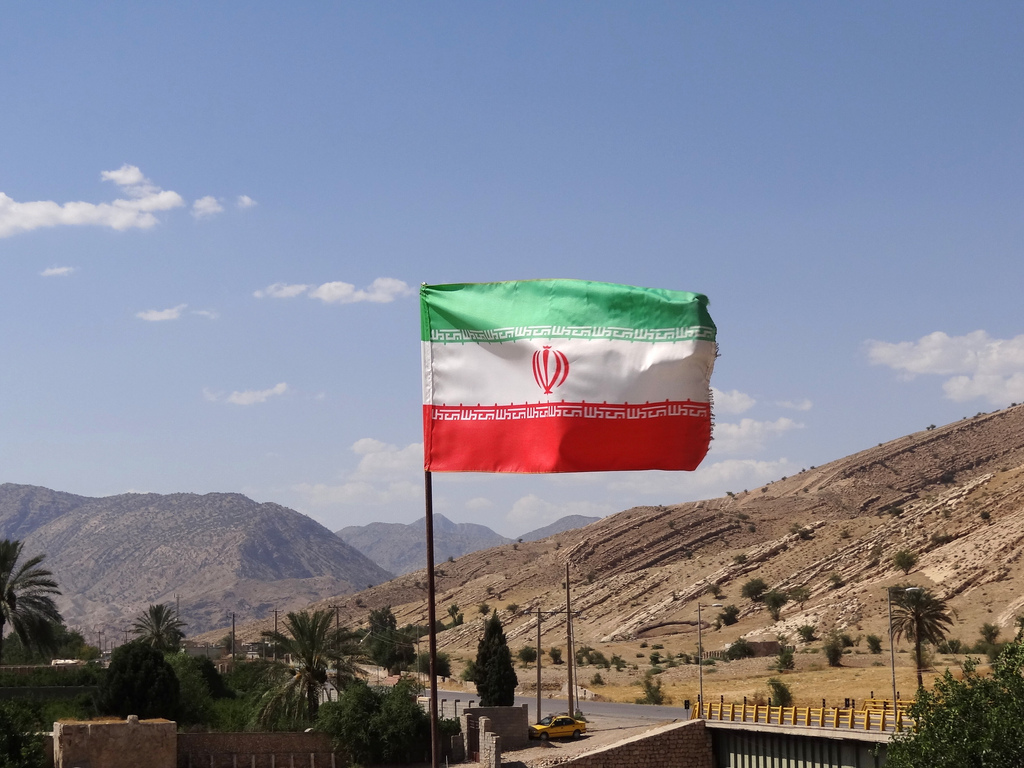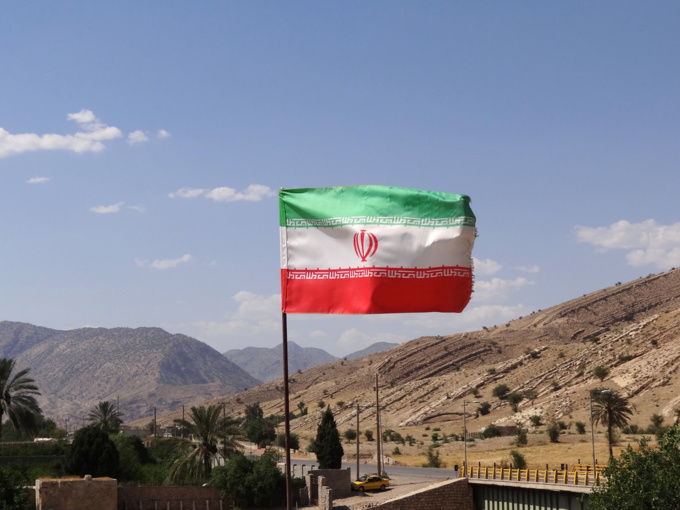Stock exchanges were first to react to the news. Quotes of European companies Airbus, Total and Peugeot-Citroen dropped by 0.6-1.5% amid pessimistic expectations of investors about negative impact of the American decision on the business of these companies in Iran. After international agreements on Iran's nuclear program were concluded in mid-2015, dozens of American, European and Asian companies rushed to hold negotiations on provision of services and supplies their products - aircraft, cars, engineering products, mining, etc – to Iran.
General Director of Dubai-based aviation company Dubai Aerospace Enterprise, Firoz Tarapore, told American CNBC television channel said that after the decision on Iran, "we no longer see opportunities for doing business in this country." "Now we have leased about 400 aircraft, they are used by airlines around the world. In total, we have 115 clients from different countries. Carriers from the Gulf countries make up a small percentage of the total number of our clients, but since this is our home region, we pay great attention to what is happening there."
Large energy agreements are also under threat: the French Total last year signed a $ 2 billion contract to develop the South Pars gas field.
Back in March, when the US authorities already indicated their desire to review the agreement with Iran, the French company said that it hoped for the best. After all, the deal was concluded in accordance with the rules that were in force at that time. Shell, BP, Wintershall, Aker Solutions, OMV signed contracts for extraction of minerals in Iran, supply of oil and gas equipment, technology and technical services to Iranian energy companies.
US Treasury Secretary Steven Mnuchin said that buyers are given time until November (180 days) to completely stop the purchase of oil from Tehran.
The US, he said, may further give relief to individual countries that will drastically reduce oil imports from Iran, but it is not yet clear how exactly these allowances may look.
The US imposed a ban on the purchase of Iranian oil for American individuals and legal entities. In fact, the restrictions will apply to all foreign companies that carry out transactions in US dollars, use US banks or have business in the United States. There has already been a precedent of the risk: it is the $ 9 billion fine imposed by the US a few years ago on the French bank BNP Paribas for violations of the sanctions regime against a number of countries, including Iran.
"Actual freezing of trade with Iran will be the first result," a senior official from one of the oil companies told the Financial Times. "We are all working via European banks that will not want to conduct operations with Iran."
Large machine-building and automobile concerns may suffer along with oil workers and aircraft builders. In 2016, German Siemens concluded an agreement with Iran on supply of locomotives and modernization of the railway network. In total, according to the Deputy Minister of Urban Development of Iran, Asghar Fakhrieh Kashan, the German concern expressed its readiness to participate in infrastructure projects for a total of € 3 billion.
According to estimates of the German Union of Wholesale and Foreign Trade, in 2017 the volume of German-Iranian trade was € 3.4 billion. Thus, Germany is one of Iran's largest trading partners in Europe.
German exports to Iran grew by 16% last year, while Iran accounts for only 0.2% of German exports. The German Union of Automobile Manufacturers urged the European authorities "to clearly express a position that, apart from foreign policy and security issues, they will also take into account economic policy."
Representatives of German business also expressed hope that the EU authorities will protect the interests of European companies. Head of the Federal Association of Chambers of Commerce and Industry of Germany Eric Schweitzer said he was concern about the decision of the US authorities, noting that "the decision of the US president to resume sanctions against Iran is hitting the German economy. The unilateral actions of the US government put continuation of the activities of companies in question." According to Mr. Schweitzer, the authorities of Germany and the EU should, in such a situation, ensure the safety of German business.
source: ft.com, cnbc.com
General Director of Dubai-based aviation company Dubai Aerospace Enterprise, Firoz Tarapore, told American CNBC television channel said that after the decision on Iran, "we no longer see opportunities for doing business in this country." "Now we have leased about 400 aircraft, they are used by airlines around the world. In total, we have 115 clients from different countries. Carriers from the Gulf countries make up a small percentage of the total number of our clients, but since this is our home region, we pay great attention to what is happening there."
Large energy agreements are also under threat: the French Total last year signed a $ 2 billion contract to develop the South Pars gas field.
Back in March, when the US authorities already indicated their desire to review the agreement with Iran, the French company said that it hoped for the best. After all, the deal was concluded in accordance with the rules that were in force at that time. Shell, BP, Wintershall, Aker Solutions, OMV signed contracts for extraction of minerals in Iran, supply of oil and gas equipment, technology and technical services to Iranian energy companies.
US Treasury Secretary Steven Mnuchin said that buyers are given time until November (180 days) to completely stop the purchase of oil from Tehran.
The US, he said, may further give relief to individual countries that will drastically reduce oil imports from Iran, but it is not yet clear how exactly these allowances may look.
The US imposed a ban on the purchase of Iranian oil for American individuals and legal entities. In fact, the restrictions will apply to all foreign companies that carry out transactions in US dollars, use US banks or have business in the United States. There has already been a precedent of the risk: it is the $ 9 billion fine imposed by the US a few years ago on the French bank BNP Paribas for violations of the sanctions regime against a number of countries, including Iran.
"Actual freezing of trade with Iran will be the first result," a senior official from one of the oil companies told the Financial Times. "We are all working via European banks that will not want to conduct operations with Iran."
Large machine-building and automobile concerns may suffer along with oil workers and aircraft builders. In 2016, German Siemens concluded an agreement with Iran on supply of locomotives and modernization of the railway network. In total, according to the Deputy Minister of Urban Development of Iran, Asghar Fakhrieh Kashan, the German concern expressed its readiness to participate in infrastructure projects for a total of € 3 billion.
According to estimates of the German Union of Wholesale and Foreign Trade, in 2017 the volume of German-Iranian trade was € 3.4 billion. Thus, Germany is one of Iran's largest trading partners in Europe.
German exports to Iran grew by 16% last year, while Iran accounts for only 0.2% of German exports. The German Union of Automobile Manufacturers urged the European authorities "to clearly express a position that, apart from foreign policy and security issues, they will also take into account economic policy."
Representatives of German business also expressed hope that the EU authorities will protect the interests of European companies. Head of the Federal Association of Chambers of Commerce and Industry of Germany Eric Schweitzer said he was concern about the decision of the US authorities, noting that "the decision of the US president to resume sanctions against Iran is hitting the German economy. The unilateral actions of the US government put continuation of the activities of companies in question." According to Mr. Schweitzer, the authorities of Germany and the EU should, in such a situation, ensure the safety of German business.
source: ft.com, cnbc.com



















